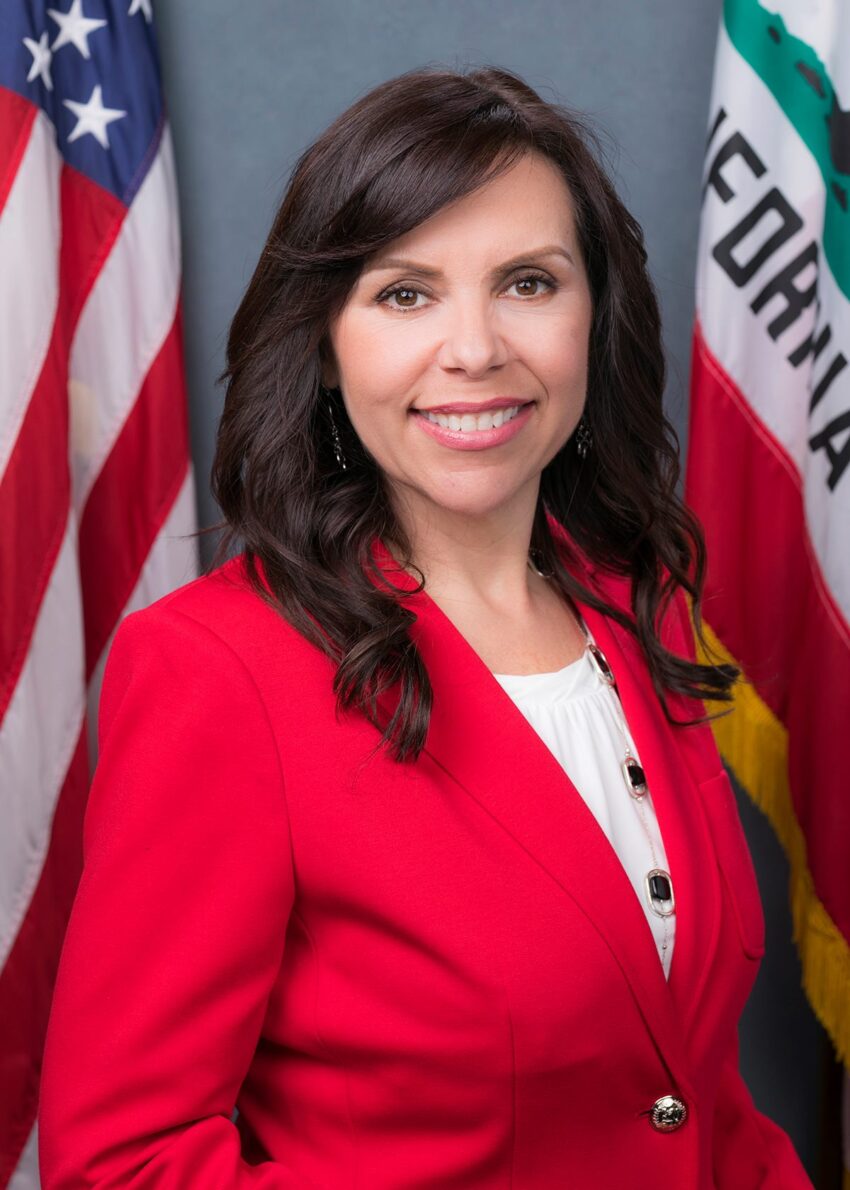Assemblymember Blanca Rubio (D-Baldwin Park) continues to play a central role in California’s literacy reform efforts, leading Assembly Bill 1454 through the legislative process with bipartisan support and strategic coalition building. The AB 1454 literacy bill, aimed at expanding evidence-based reading instruction in public schools, recently passed the Senate Education Committee with a unanimous 7-0 vote, signaling growing momentum for statewide literacy reform.
Statewide Literacy Crisis in Focus
Only 40 percent of California third graders read at grade level, according to recent assessments. AB 1454 seeks to address this gap by modernizing how literacy is taught, ensuring that teachers, administrators, and reading specialists are equipped with proven methods for reading instruction. Rubio co-authored the bill alongside Speaker Robert Rivas and Assemblymember Al Muratsuchi to tackle what many see as a literacy crisis with long-term consequences for student achievement.
The bill’s three core components include updating the instructional materials list approved by the State Board of Education, requiring local school agencies to adopt or certify those materials, and incorporating evidence-based literacy practices into administrator and specialist training programs.
Rubio’s Legislative Strategy and Advocacy
Rubio’s leadership has been marked by consensus-building across political lines. AB 1454 passed the Assembly with a unanimous vote earlier this year and now heads to the Senate Appropriations Committee after receiving full support from the Senate Education Committee. This consistent approval reflects a strategic effort to frame the bill as a practical, nonpartisan solution to declining literacy rates.
Rubio has emphasized the importance of accountability and teacher support throughout the process. “We are making steady progress toward delivering on our promise to teach all California children to read,” she said in a public statement following the committee vote. Her remarks echo the broader objectives of AB 1454: to ensure no student is left behind due to outdated or ineffective reading instruction.
Aligning With State Funding Priorities
Governor Gavin Newsom’s approval of $200 million in the 2025–26 Budget Act for teacher training in literacy instruction set the stage for AB 1454’s policy framework. That funding, earmarked for professional development in evidence-based reading methods, aligns with the bill’s goals to update materials and credentialing standards. Rubio and her co-authors positioned AB 1454 as essential to ensuring the funding translates into measurable literacy outcomes.
The bill also builds on previous education reforms, including SB 114, which introduced universal screening for reading difficulties in grades K-2, and SB 488, which mandated teacher preparation programs include training in evidence-based practices. By aligning AB 1454 with these reforms, Rubio has helped create a more cohesive statewide literacy strategy.
Broad Support and Local Impact
Supporters of the bill include education advocacy groups such as EdVoice and Families In Schools. EdVoice CEO Marshall Tuck praised the bill, saying it moves the state closer to ensuring that “all California children [are] reading at grade level.” Local leaders believe AB 1454 could bring direct benefits to school districts like those in Baldwin Park and El Monte, where literacy challenges often intersect with economic and language barriers.
Yolie Flores, CEO of Families In Schools, called the legislation “hope for millions of Californian families,” stressing that literacy is foundational for academic and career success. These endorsements reflect the broad coalition Rubio has mobilized to support the measure—from school administrators to parents and policy experts.
Next Steps Toward Senate Approval
The AB 1454 literacy bill now awaits consideration by the Senate Appropriations Committee before proceeding to a full Senate vote. If passed and signed into law, it will mark one of the most comprehensive state-led efforts in recent years to address literacy through evidence-based practice.
Assemblymember Rubio’s work on AB 1454 highlights her legislative priorities and growing influence in shaping educational policy at the state level. Her efforts continue to resonate across party lines, with a focus on tangible results for California’s youngest readers.


